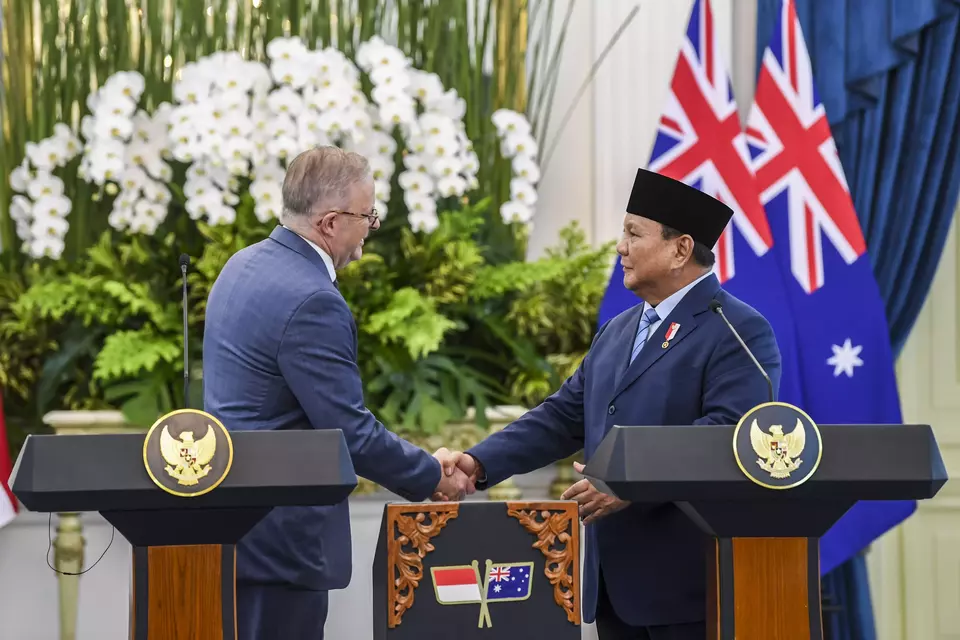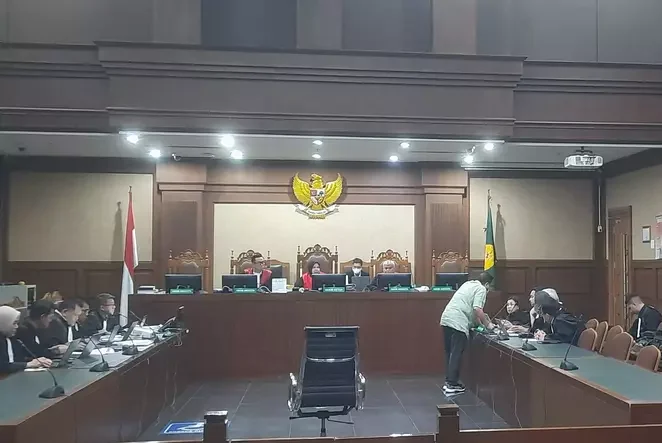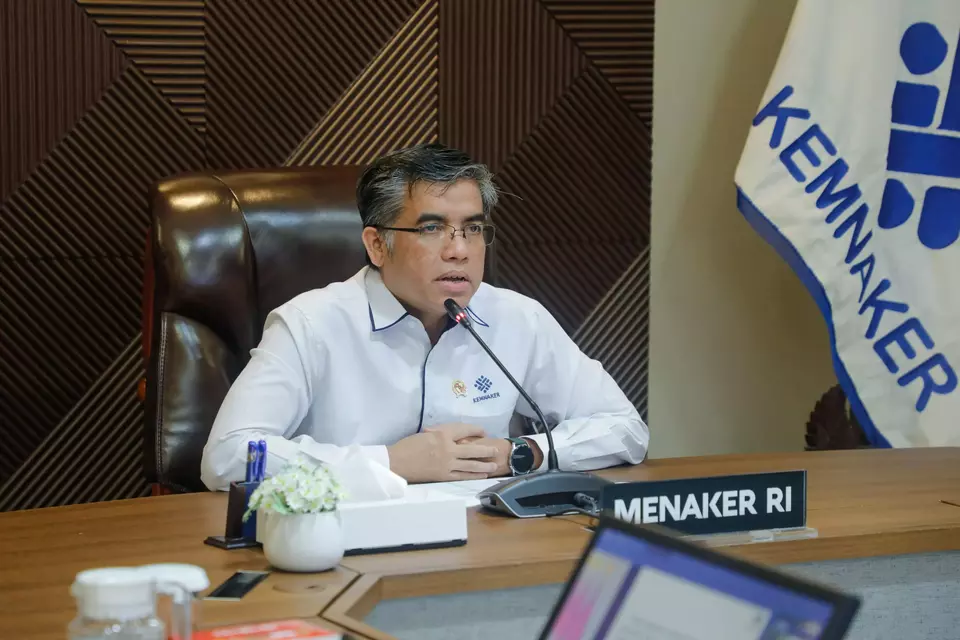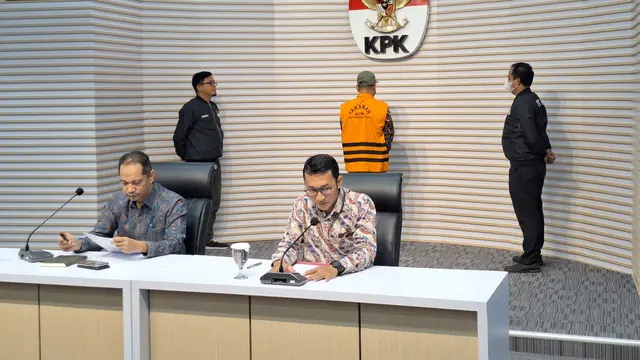
President Prabowo Targets 82.9 Million Children and Pregnant Women for Free Nutritious Meal Program by November

Jakarta, Xweb.biz.id – President Prabowo Subianto has announced an ambitious target for his administration’s flagship Free Nutritious Meal Program (MBG), aiming to serve 82.9 million children and pregnant women daily by November 2025.
As of May 2, the program has already reached 3 million beneficiaries, and that number is expected to rise to 4 million next month, Prabowo said while commemorating National Education Day at SDN Cimahpar 5, Bogor City, West Java.
“This program will eventually reach all 82.9 million intended recipients—children and pregnant women—who will receive nutritious food every day,” Prabowo declared, emphasizing that the MBG initiative is central to his vision of improving both health and economic growth.
Economic Ripple Effect
Prabowo also underlined the economic potential of the program, claiming it has boosted local economic circulation by 400 to 500 percent—a growth rate he says is unprecedented globally.
“This program stimulates the economy because funds now circulate more intensively across villages, sub-districts, and regencies,” he said. “This is not business as usual. We’re breaking old patterns.”
He stressed that realizing such an extensive social initiative requires “determination and courage”, and that Indonesia is ready to show the world its capability to implement large-scale programs.
Concerns Over Food Safety
Despite the program’s scale and intention, it has recently faced setbacks. The National Nutrition Agency (BGN) is investigating reports of suspected food poisoning among students receiving MBG meals in Bandung and Tasikmalaya, West Java.
One recent incident was reported at the Abu Bakar Ash-Shiddiq Foundation’s Nutrition Fulfillment Unit (SPPG) in Tasikmalaya on May 1. BGN Head Dadan Hindayana confirmed that a comprehensive investigation is underway.
“We are committed to uncovering the cause and preventing similar incidents from recurring,” Dadan stated, stressing the importance of cross-sector collaboration among nutritionists, food suppliers, schools, and quality assurance institutions.
SPPG officials have maintained that strict quality control procedures were followed. “All ingredients—chicken, tofu, rice, vegetables—were inspected and tested before processing,” said Michael Julius Tobing, the foundation’s head of nutrition services.
Preliminary internal tests suggested the meals were in good condition, but lab analyses are ongoing to determine whether contamination occurred during handling or distribution.
Medical Response and Follow-Up
BGN has assured that affected students received medical treatment and that a joint investigative team has been dispatched to examine similar reports from the Coblong District in Bandung. The agency expects lab results within the next 10 days.
The MBG program, while hailed as a transformative welfare initiative, now faces a critical test in maintaining food safety standards amid its rapid nationwide rollout.





